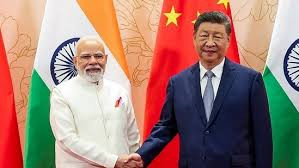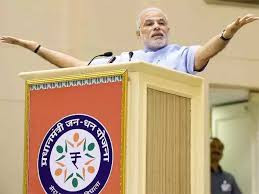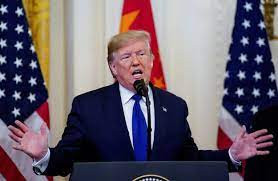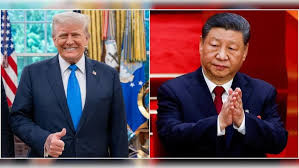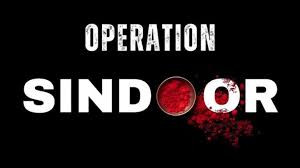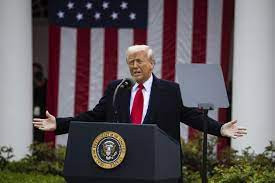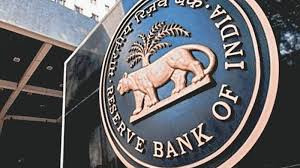A Timely Fix: IRCTC’s New Ticket Booking Measures Promise Relief for Indian Rail Passengers
IIE DIGITAL DESK : The country where train travel remains the primary mode of transportation for millions, the process of booking tickets can often feel like a gamble. With high demand, limited availability, and a surge of last-minute rushes—especially during festive seasons—securing a train ticket via the Indian Railway Catering and Tourism Corporation (IRCTC) portal has historically been a stressful experience for passengers. However, the recent steps taken by IRCTC and the Ministry of Railways to streamline and strengthen the ticketing process suggest a much-needed shift toward efficiency and fairness.
This development comes after sustained criticism regarding how the IRCTC ticket booking system was allegedly manipulated by unauthorized agents and digital exploiters. Complaints about bots booking hundreds of tickets within seconds of the booking window opening, leaving genuine passengers in limbo, had grown louder in recent years. Adding to that, frequent server crashes, payment failures, and technical glitches made the experience all the more frustrating for users.
The Indian Railways has rolled out a set of reforms that aim to plug loopholes and democratize access to ticketing, particularly during the critical Tatkal and general reservation periods. The measures include robust bot-detection systems, AI-driven traffic monitoring tools, and a cap on the number of tickets that can be booked from a single user account per month. Furthermore, unauthorized agents found violating guidelines are now being strictly penalized, with licenses revoked and access blocked permanently.
These fixes come at a crucial juncture. With over 13 lakh tickets booked daily through the IRCTC platform, ensuring transparency and equal access isn't just a technical issue—it’s a question of public trust. For many passengers, particularly those from lower-income backgrounds or rural areas, train travel isn’t a choice—it’s a necessity. When ticket booking is skewed by digital manipulation or profiteering, it effectively shuts the door on equitable access to public infrastructure.
The Ministry has also introduced a revised user interface on the IRCTC website and app, making navigation smoother and the booking process faster. With real-time availability updates, fare comparisons, and predictive waitlist confirmation chances, users are now better informed before making decisions. This small but impactful overhaul has made the platform significantly more user-friendly, especially for older passengers or those less comfortable with technology.
Railway Minister Ashwini Vaishnaw has emphasized that digital integrity and inclusiveness remain central to the government’s strategy. Speaking at a recent press briefing, he remarked, “Our goal is to ensure that every honest, ordinary Indian can book a train ticket without stress or unfair disadvantage. These reforms reflect that commitment.”
The government’s effort has also drawn praise from consumer rights advocates, many of whom had been pushing for stronger action against black-market ticketing practices. Anjali Rao, a senior analyst at a transportation watchdog group, said, “This is an overdue but welcome step. For too long, the system has been vulnerable to those who know how to game it. Protecting the average commuter is the right direction.”
Challenges remain. India’s railway system is the fourth-largest in the world, and during peak seasons, demand often outpaces supply. Experts argue that while fixing the booking system is essential, long-term solutions lie in capacity expansion, new routes, and increased frequency of trains, especially on busy corridors like Delhi-Kolkata, Mumbai-Varanasi, or Chennai-Bangalore. The recent introduction of Vande Bharat trains and increased investment in railway modernization signal that such steps are underway, but the benefits will take time to fully materialize.
The emphasis on fair and accessible ticket booking is a step in the right direction. It signals that the Railways is listening to public grievances and acting on them. As the IRCTC system continues to be refined, the hope is that passengers no longer have to rely on luck, influence, or agents to secure their travel plans.
The ticket to a better experience may just have been printed—digitally, fairly, and finally—on time.
You might also like!


